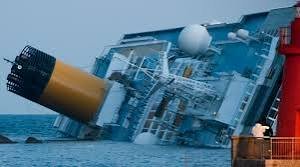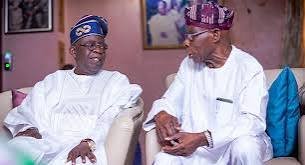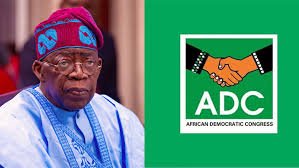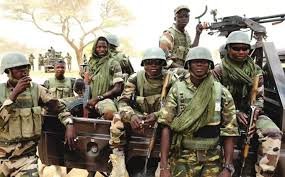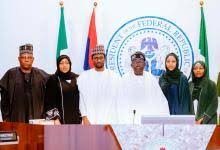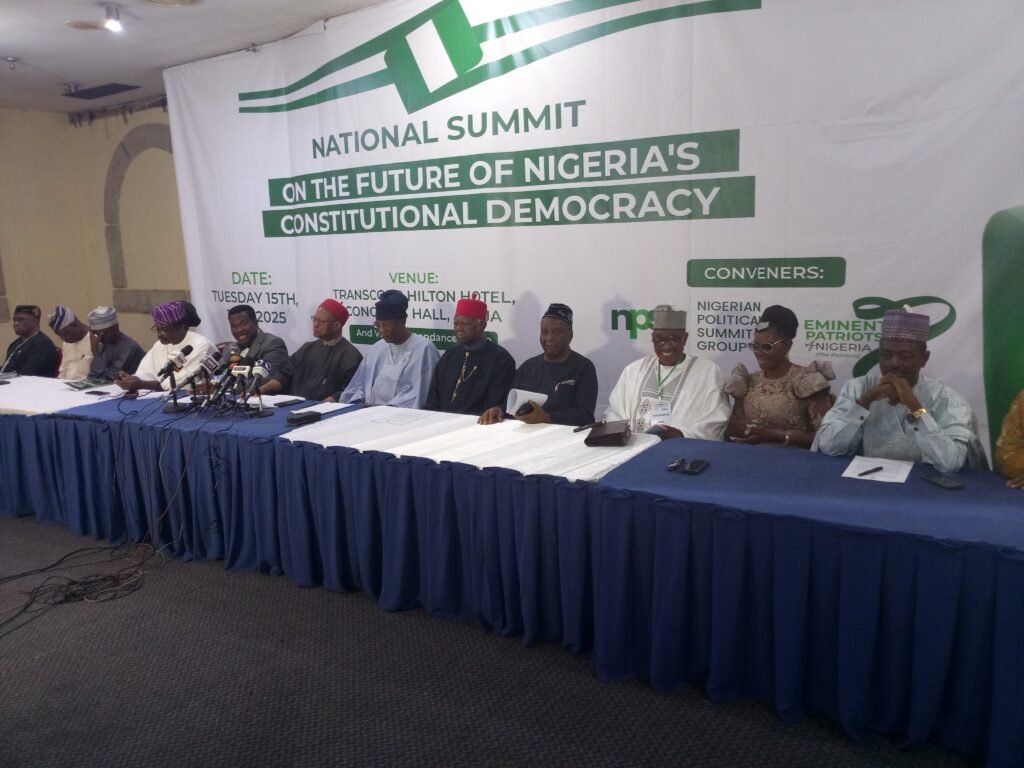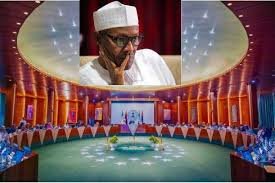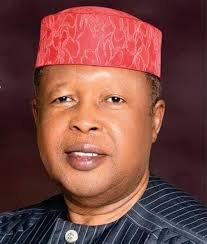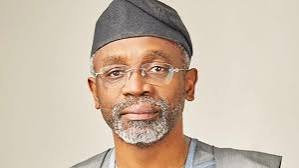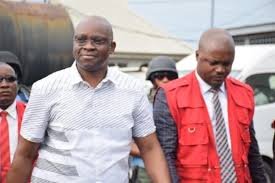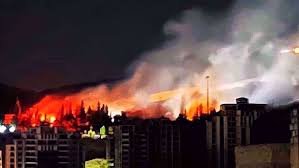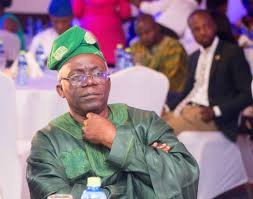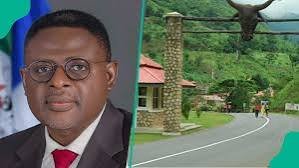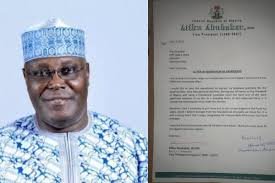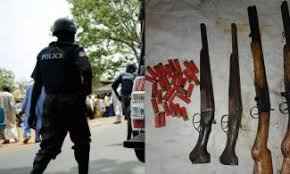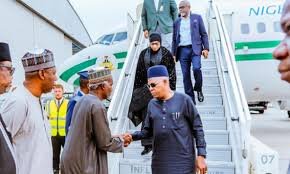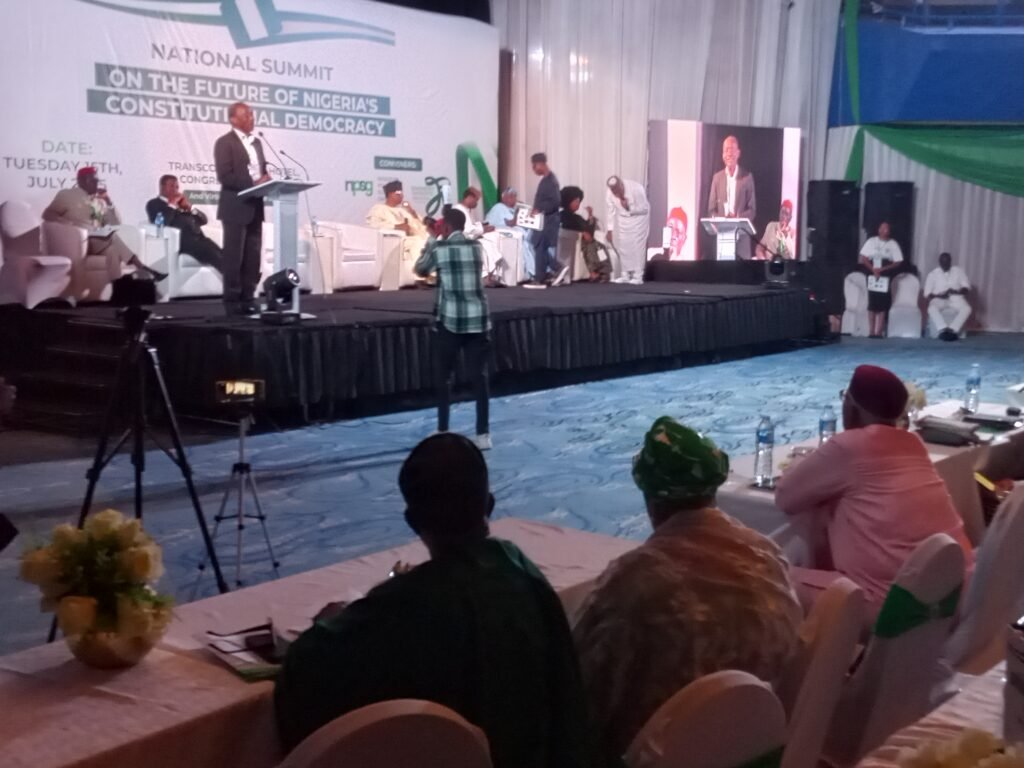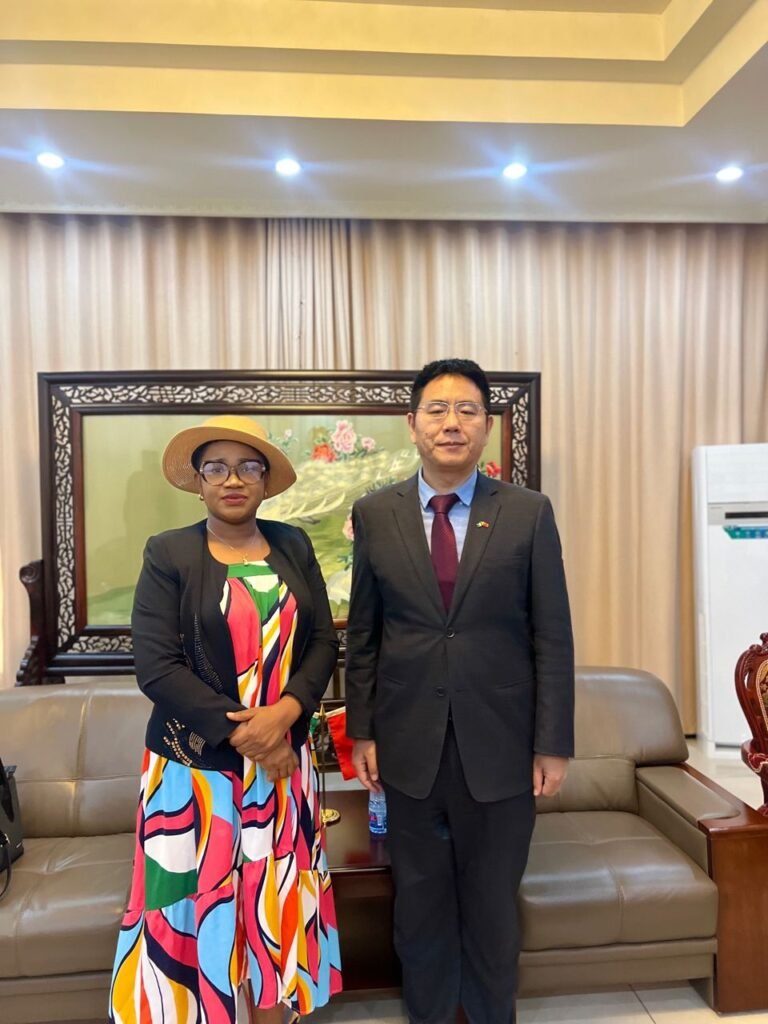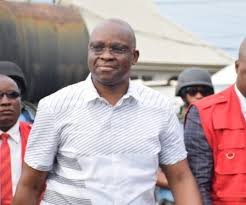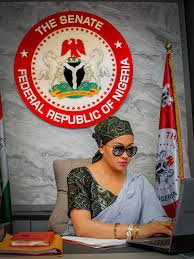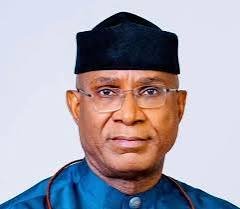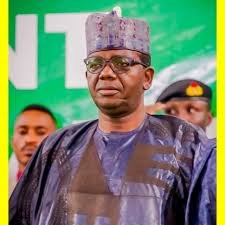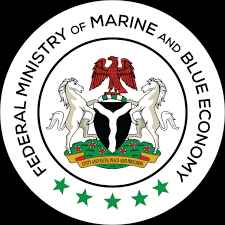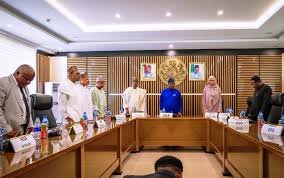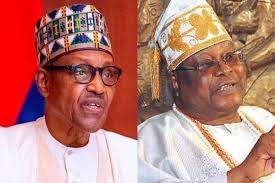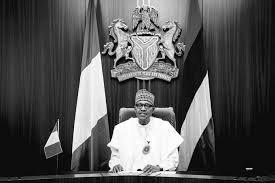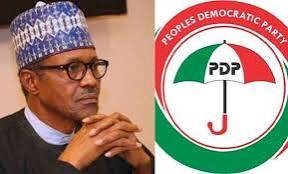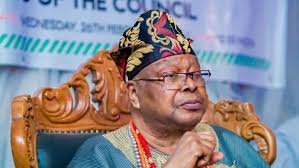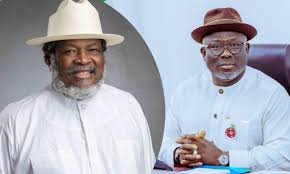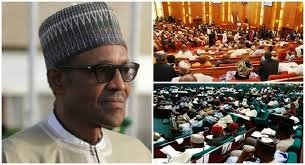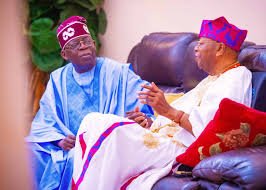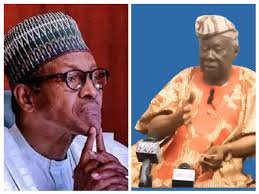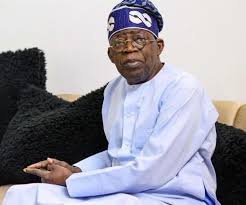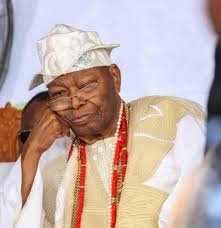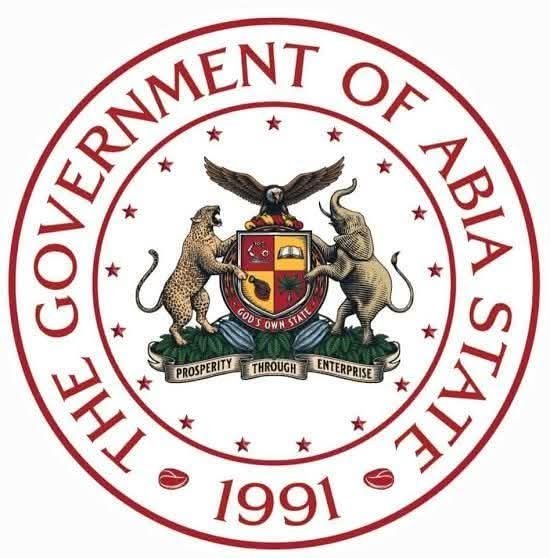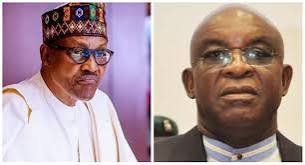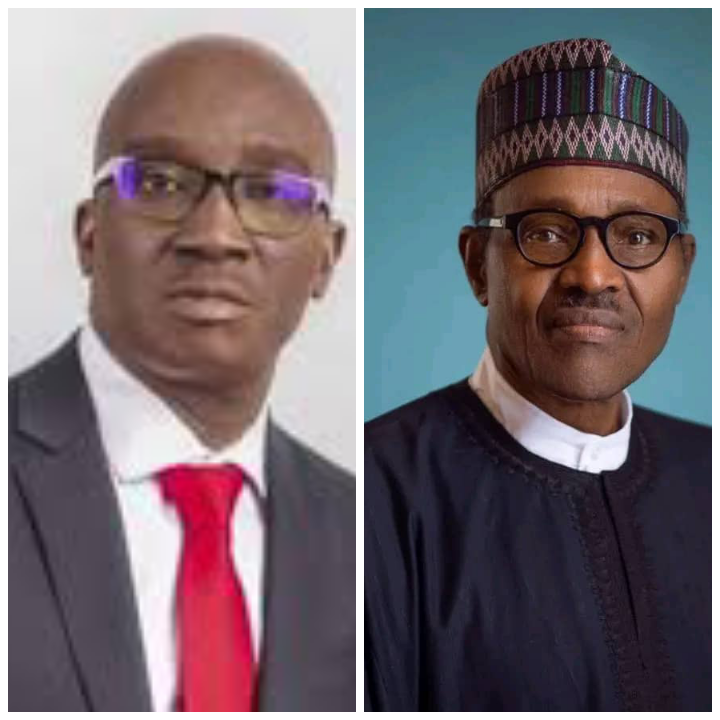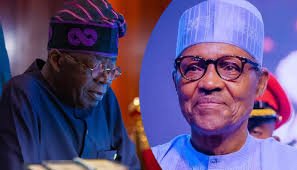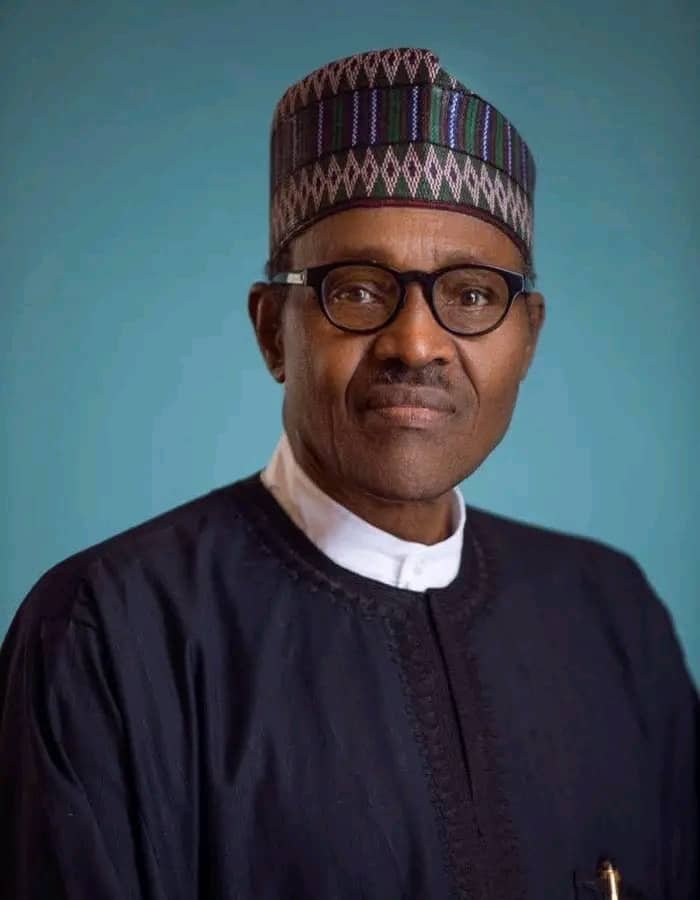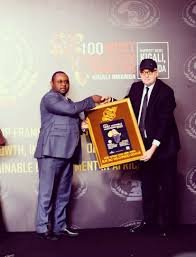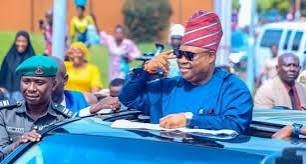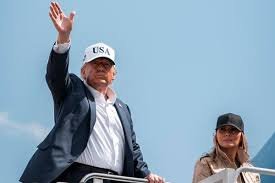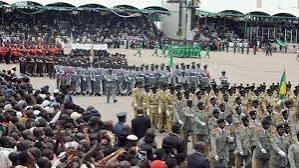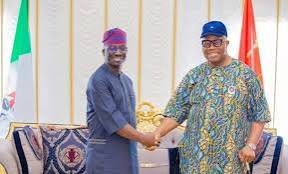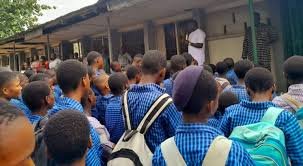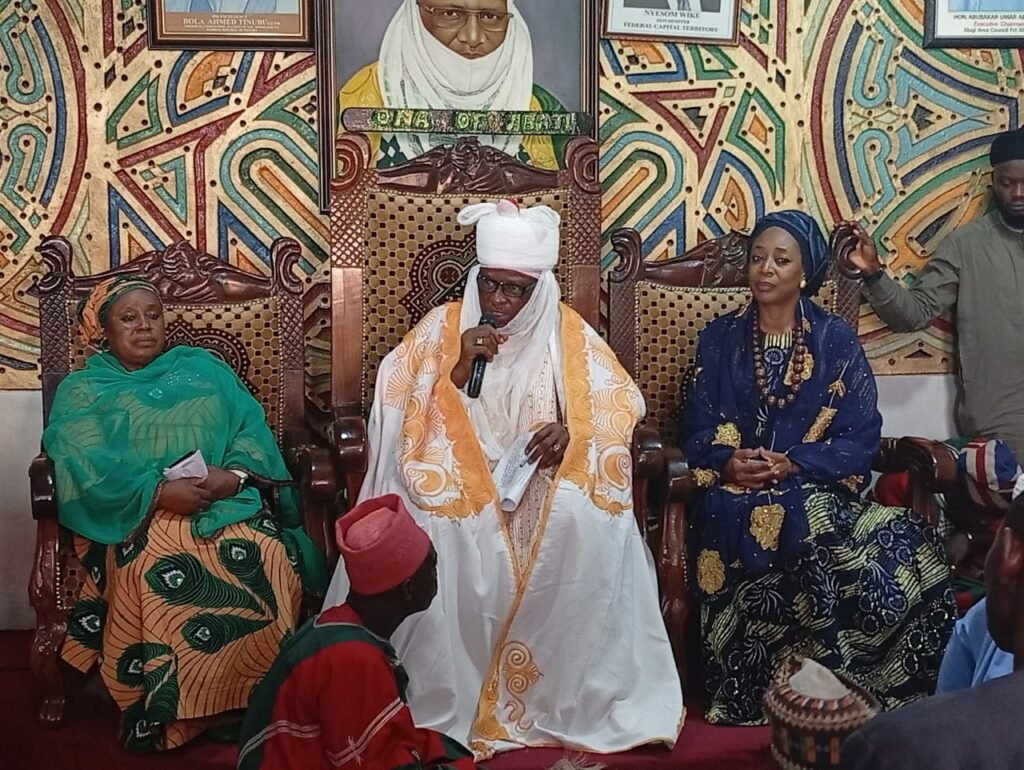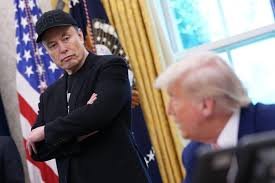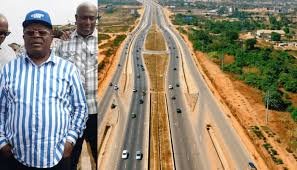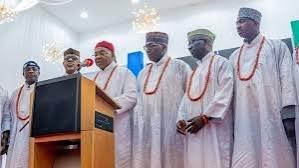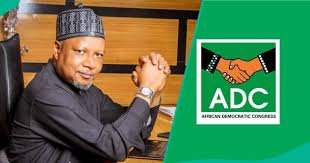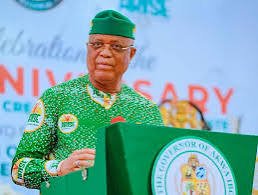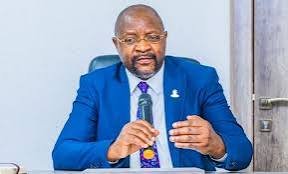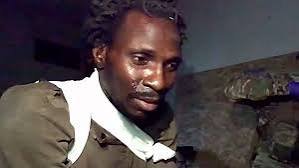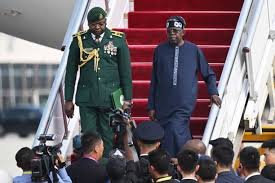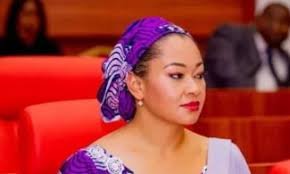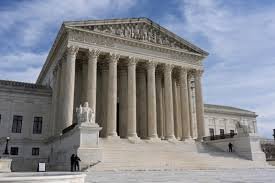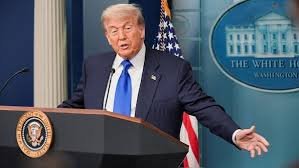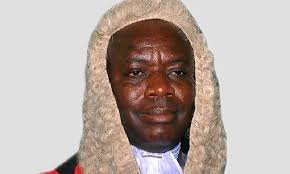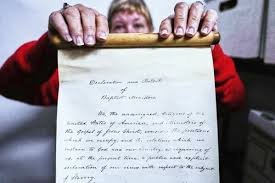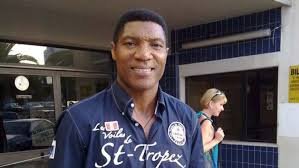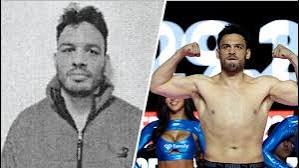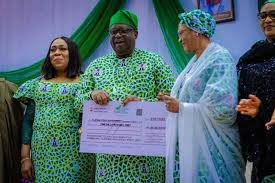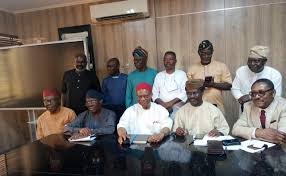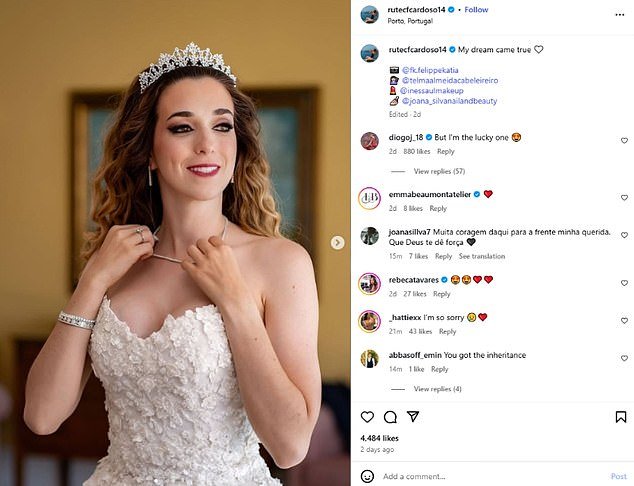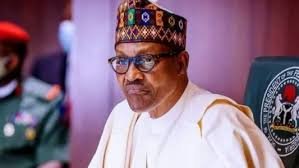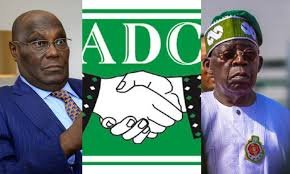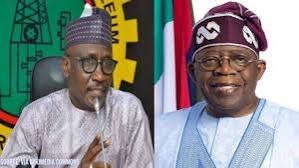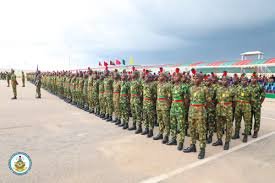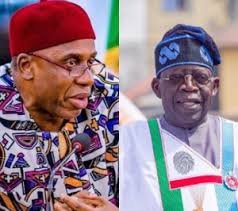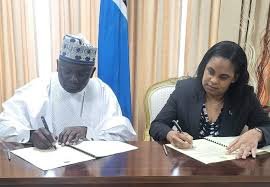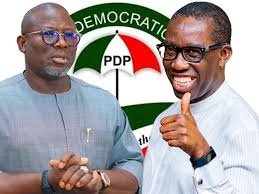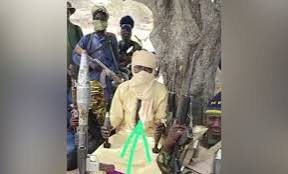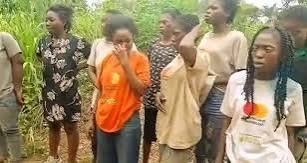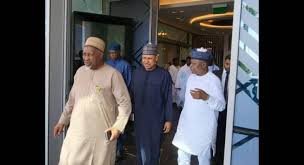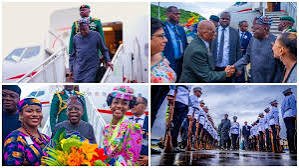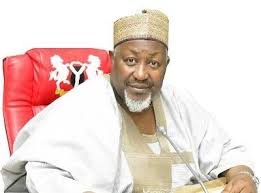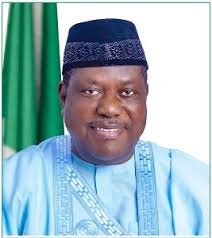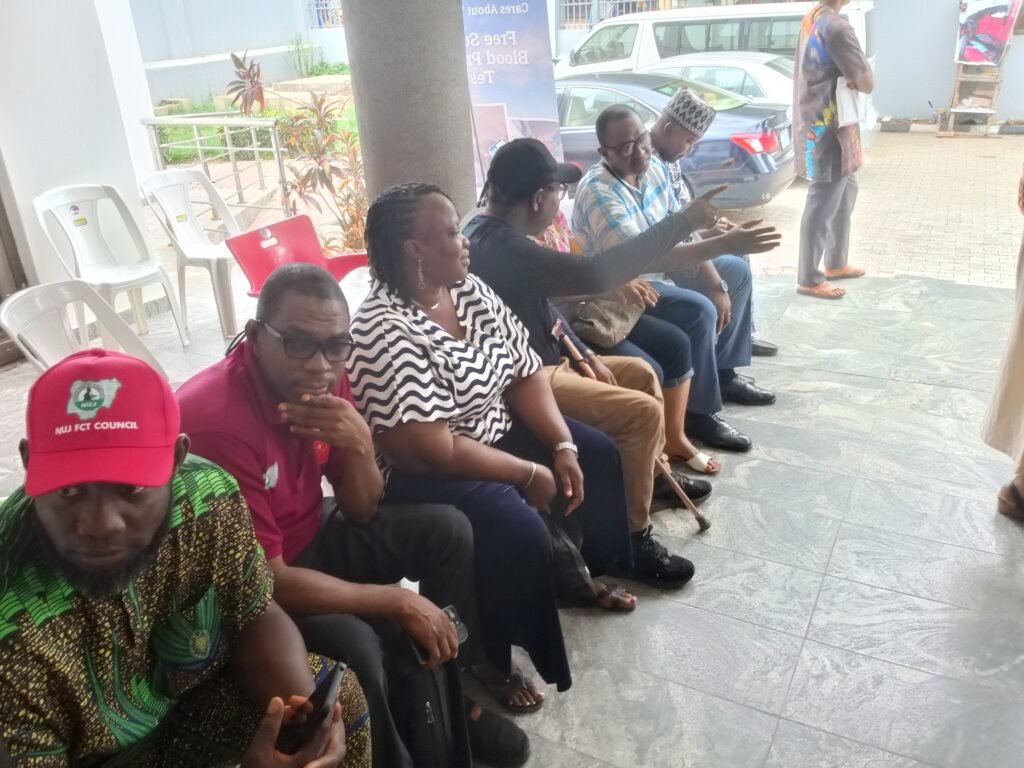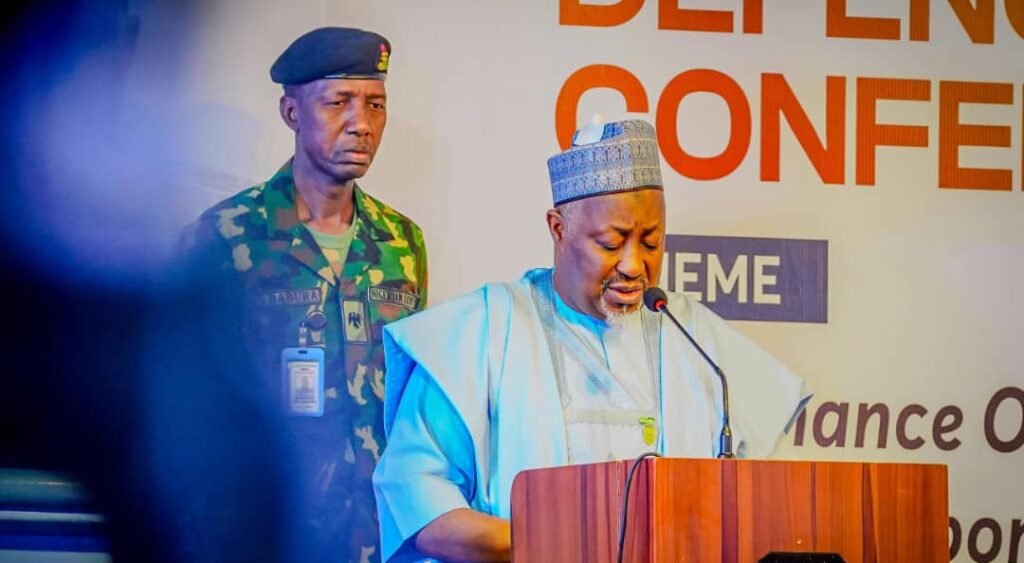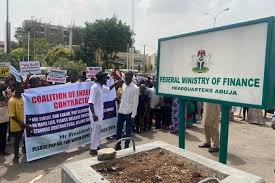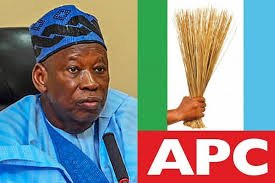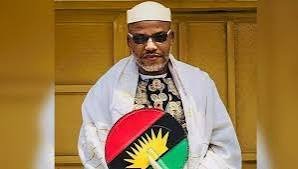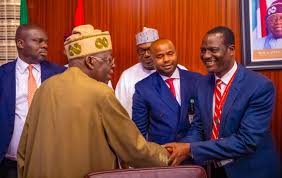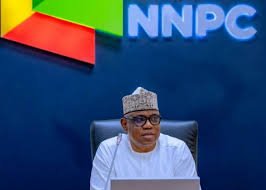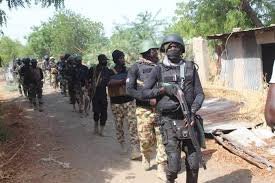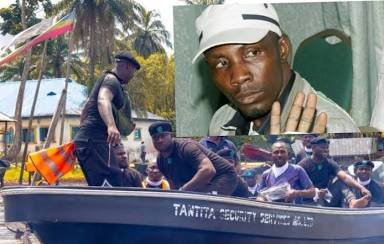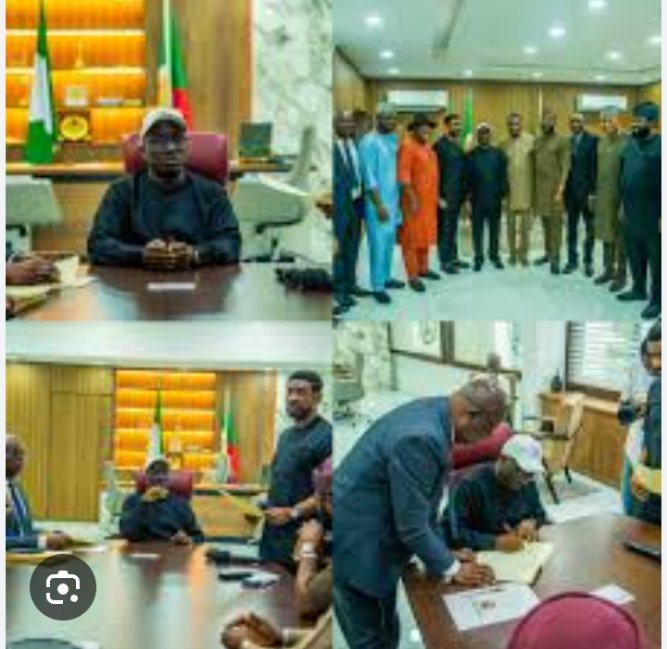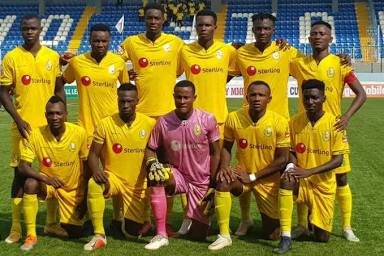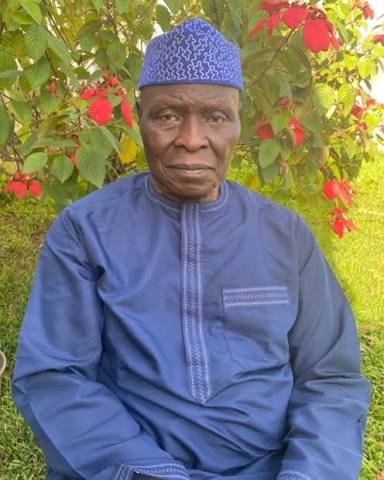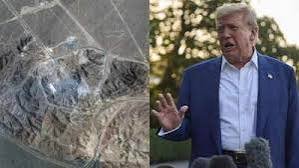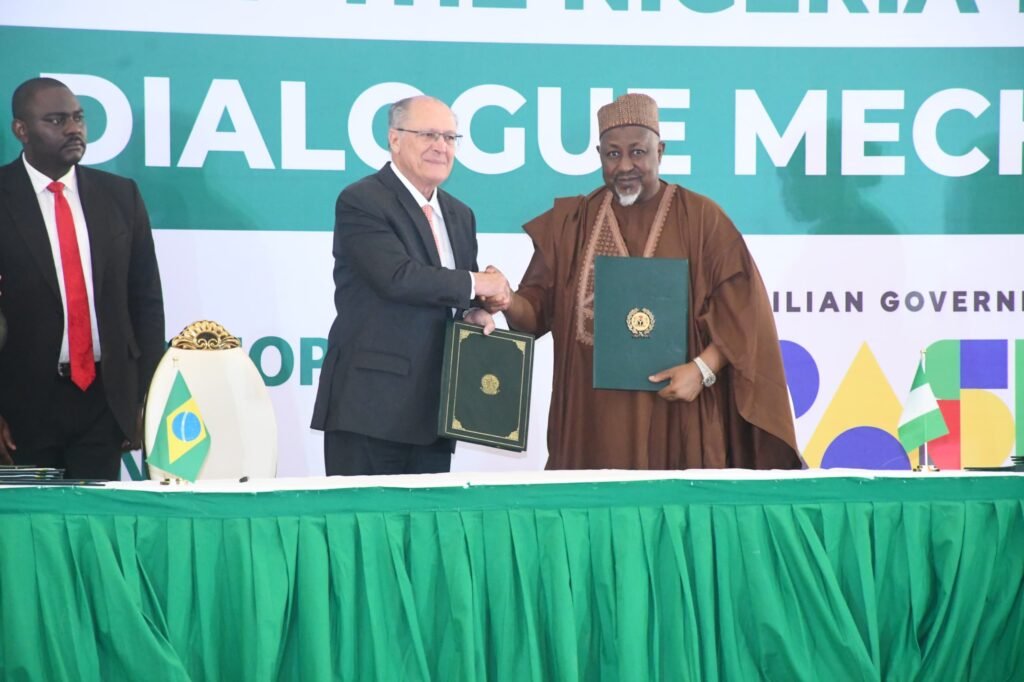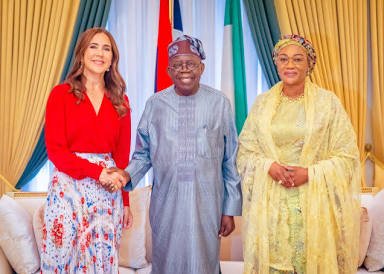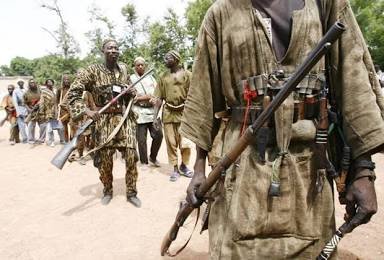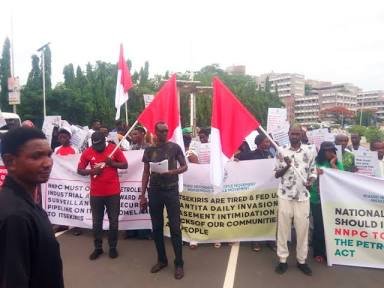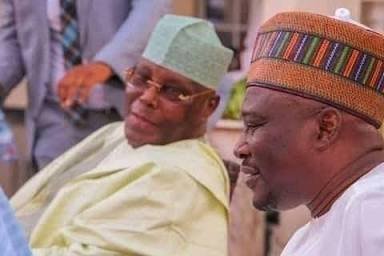2027 POLL: ADC/COP’s NORTHERN PRESIDENTIAL GAMBIT
By Ehichioya Ezomon Among the big political parties in the race for the 2027 General Election, only the ruling All Progressives Congress (APC) has endorsed a sole presidential candidate in President Bola Tinubu who, also, is currently the only candidate representing Southern Nigeria in the election. But for his rolling-stone rhetoric, and crisis in his platform, the 2027 ticket for former Anambra State Governor Peter Obi would’ve been cast in stone by now under the Labour Party (LP), which he used to ply his momentous candidacy from Southern Nigeria in 2023. Obi’s romance with the Coalition of Opposition Politicians (COP) – which’s adopted the African Democratic Congress (ADC) as the special purpose vehicle (SPV) to challenge President Tinubu’s re-election bid – has left him virtually roaming in the political wilderness. As for ex-Rivers State Governor and former Minister of Transportation, Chibuike Rotimi Amaechi, his aspiration had more traction in 2023, when he placed a distant second to Tinubu at the primary, than in 2027. Having no visible structure to his name, his undisguised animus towards Tinubu is propelling his Southern bid that may land him the running mate slot, or left disappointed entirely! Being a first-term president, Tinubu’s the privilege to declare early his interest in re-election by exploiting his “Right Of First Refusal (ROFR).” But without much ado, he’s gotten a “first shot” at the presidency for a second term, courtesy of all organs of the APC at federal, state, local government and ward levels, the governors, lawmakers and other stakeholders of the party across Nigeria. It’s strategic, though, that the President’s received a reprieve from going into a gruelling and potential-for-crisis primary election, as he and his administration face severe economic and security headwinds amidst threats by the COP to terminate his government in 2027. To achieve the opposition’s goal to throw Tinubu out of Aso Rock Presidential Villa, Abuja, and sack the APC from the governance of Nigeria, the ADC’s declared the collapse of its structures, to enable the former Vice President Atiku Abubakar-powered and led coalition leadership to drive the process towards 2027. Ahead of the make-or-mar presidential contest, the wave-making ADC needs the tact, discipline, transparency and Solomonic wisdom to pick its flagbearer among highly-ambitious, and fiercely-individualistic contenders, who see themselves as unmatched for the job. They include thrice presidential candidate, Alhaji Abubakar; Messrs Obi and Amaechi; and former Kaduna State Governor and ex-Minister of the Federal Capital Territory (FCT), Abuja, Mallam Nasir el-Rufai. It’s uncertain if former Senate President and ex-Kwara Governor Bukola Saraki; former Attorney-General and Minister of Justice, Mallam Abubakar Malami, and other aspirants lurking in the shadows are in the running for president. The presumption in political circles is that whoever the ADC picks as its presidential candidate will automatically become the standard bearer of the COP that faces scrutiny if truly it’s a coalition, or a gathering of disparate politicians looking to bolster their chances to gain the ticket, failing which they’ll revert to their mother platforms to run for president. This explains why some of the gladiators in the COP are hedging to defect to, and register as members of the ADC. So, how do the opposition politicians tackle the daunting task of selecting, from among them, the candidate to face President Tinubu – a familiar but formidable foe, who defeated Atiku of the Peoples Democratic Party (PDP), and Obi to second and third positions, respectively, in the February 25, 2023 presidential election? At this juncture in the race for 2027, going solo, as Atiku and Obi did in 2023, may result in a similar outcome: Tinubu wins the election, and leaves Atiku and Obi to lick their wounds, and blame alleged “electoral malpractice” for the avoidable wrong choice of running on separate tickets. Whereas in 2023, Atiku and Obi singly scored 6.9m votes and 6.1m votes, and each failed the election; had they contested on a joint ticket, their combined total of over 13m votes – a margin of lead of 5m votes – would be enough to overwhelm the 8.7m votes secured by Tinubu, and give them the Presidency on May 29, 2023. The BIG QUESTION is: Can Atiku and Obi bury their individual ambition, and the one step down for the other as the presidential candidate in 2027? It’s doubtful due to a number of factors, principally the “unwritten” rotation of the Presidency between the North and South of Nigeria every eight years since the return of democracy in 1999. Southern Nigeria kicked off the rotation in 1999 via former Head of State, retired Gen. Olusegun Obasanjo of the PDP, who handed over in 2007 to President Umaru Musa Yar’Adua, who died three years after in 2010, with his successor, then-Vice Goodluck Jonathan, contesting and winning the 2011 poll under the PDP. Dr Jonathan’s presidency “distorted” the swinging rotation of power between the North and South. Had he allowed a northerner to complete the four years (2011 to 2015) remaining in Yar’Adua’s eight-year tenure, there wouldn’t be talk, till date, about the “South shortchanging the North of its presidency.” The question remains which party supports rotation of the presidency at any tenure? Whenever they’re out of power, the opposition parties don’t recognise rotation, and aren’t on the same page with the ruling party, thus creating a wiggle room to circumvent zoning at every election cycle! For instance, between 2015 and 2023, it’s presumed that the APC – which won the 2015 presidential poll through retired ex-Head of State, Gen. Muhammadu Buhari – was representing the Northern bloc’s rotation of the presidency, and would return power to the South after Buhari’s eight-year tenure. Hence no major party fielded a candidate from the South to mount a challenge to Buhari’s presidency. But the opposition PDP, via Atiku, a northerner, rubbished the rotation principle, and dared the APC and LP that presented Southern candidates for the 2023 poll. For 2027, the opposition and Atiku are again poised to confront the APC and Tinubu. So, Atiku or any other














































































